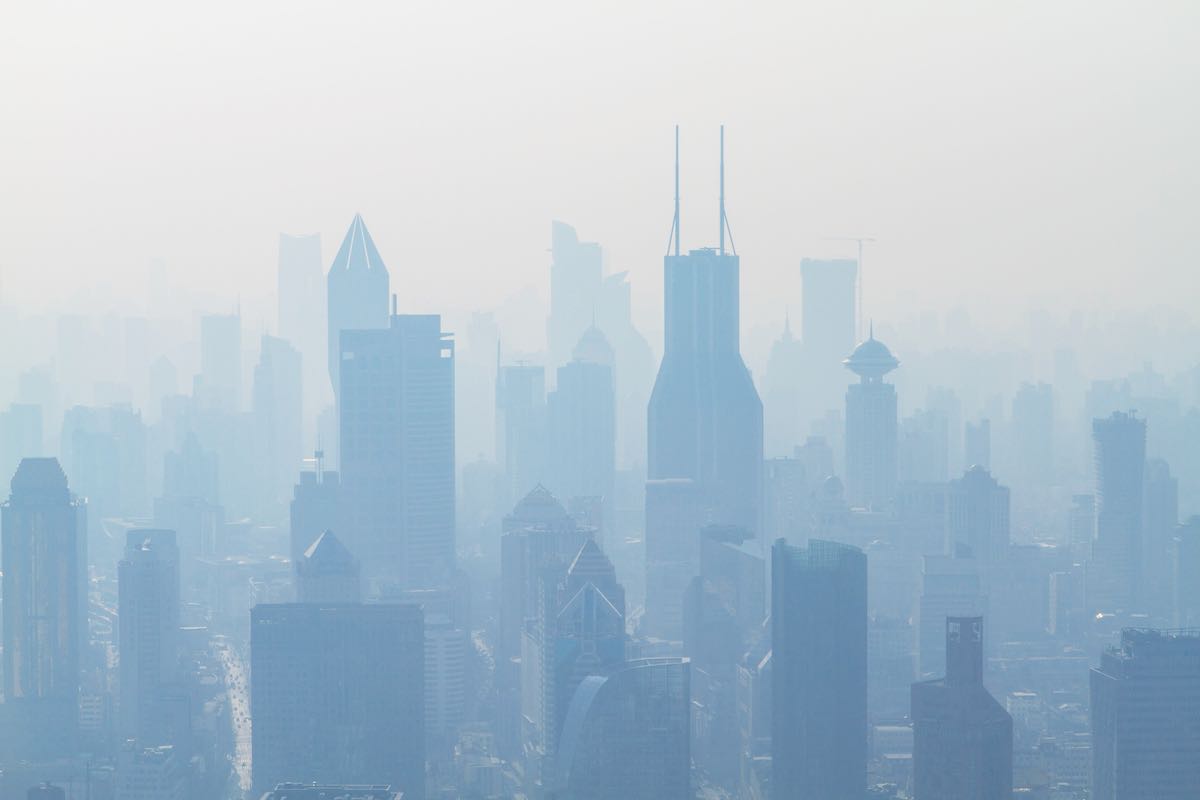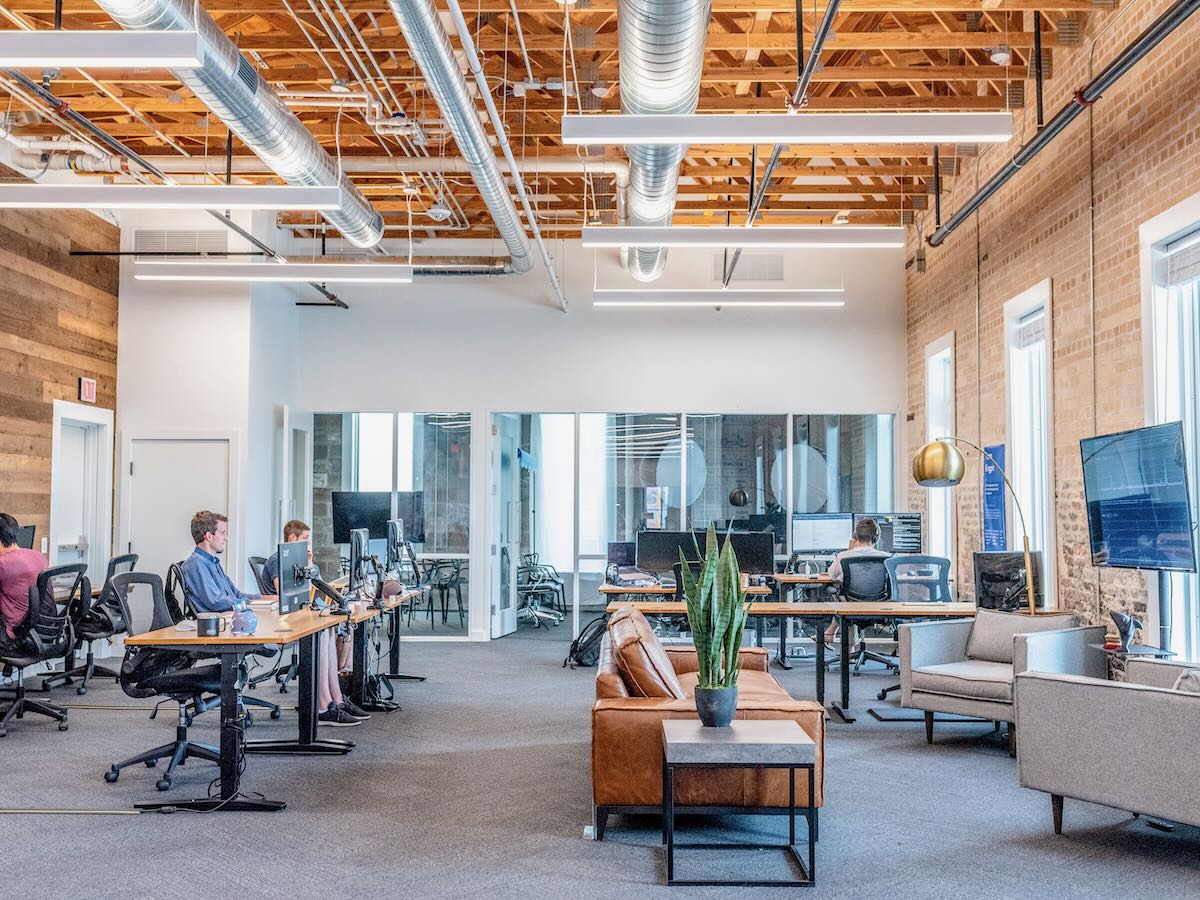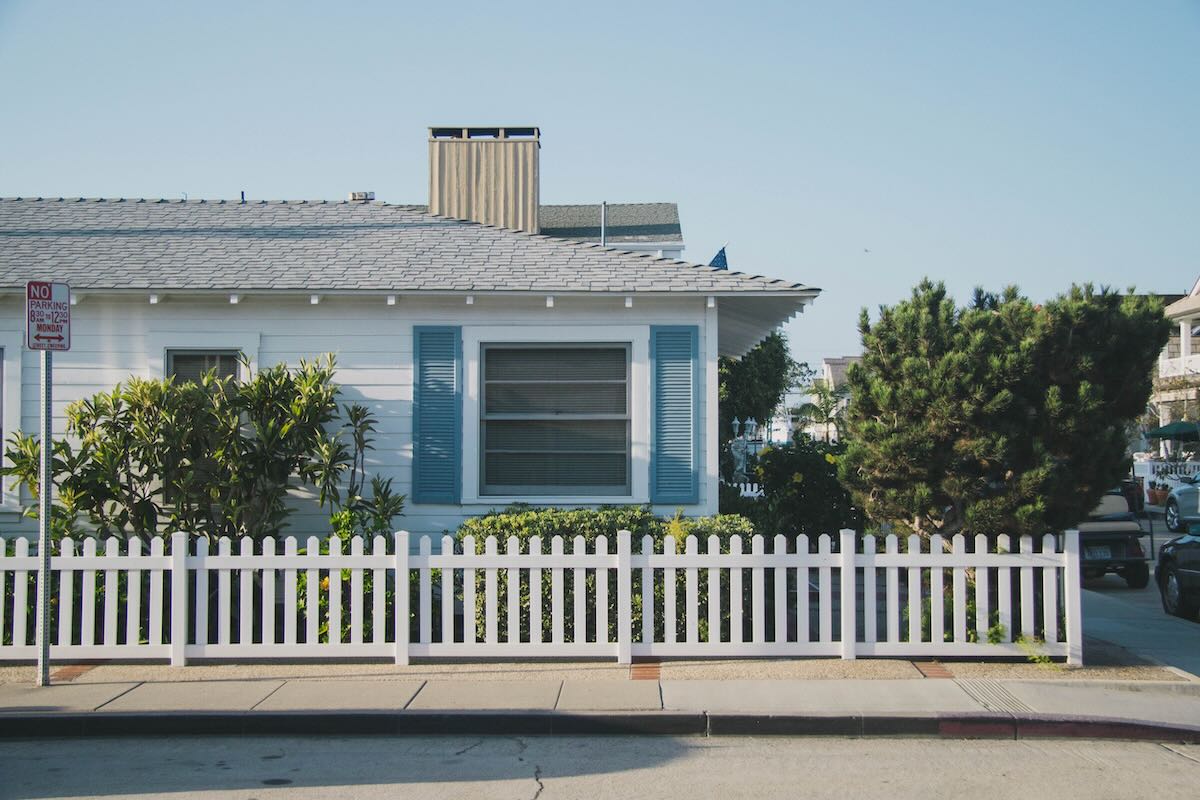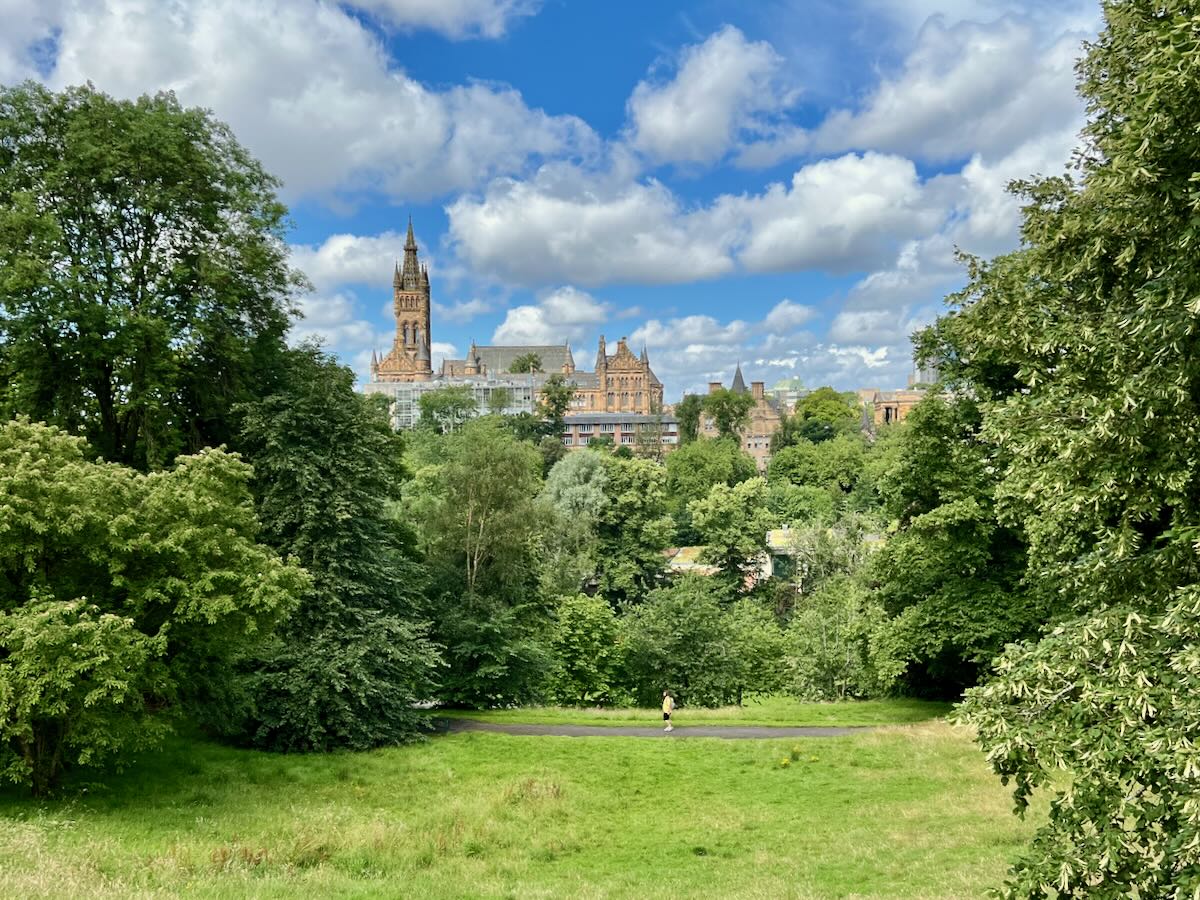Discipline and Science are the Keys to Greater Freedoms, Issue 9


Many national governments and provincial and state authorities in North America have laid out baseline conditions for a return to post Covid-19 normalcy. It has become clear that despite a collective desire to get back to some kind of routine and to see self isolation come to an end, people are hesitant to circulate more freely, send their children back to school, and, return to their jobs. The PBS poll illustrated on the left was published April 29 just as many American states were considering ways to re-start their economies.
There is coordination of and agreement to basic national guidelines in Canada. The United States is a free-for-all as the executive there seems to have abdicated its responsibilities to the states while claiming it has the same kind of power as King George III.
In Canada, there seems to be a consensus that re-opening too soon would be counter-productive as a second shut down would be more devastating than the first. The Québec government is getting significant push back from parents and educators on the return-to-school calendar and municipal authorities in some of its relatively unscathed regions are nervous about opening up their areas of the province too soon.
Congressional leaders are girding for a huge fight over the re-entry of millions of Americans to the workplace. Senate Majority Leader Mitch McConnell (R-Ky.)insists that employers be shielded from liability if their workers contract the coronavirus. He appears to have the backing of top Whitehouse officials. https://www.washingtonpost.com/us-policy/2020/05/03/congress-coronavirus-legal-liability/
The lesson that emerges is that governments will find it very difficult to legislate any kind of grand economic re-opening. Most people will have to feel safe before taking public transit, returning to offices and factory floors, going shopping (particularly at indoor malls), eating in restaurants, or travelling again. The focus to a successful re-start of the economy can’t be an academic recitation by authorities of why it is safe to go back to work. I cannot think of a more negative or idiotic message about return-to-work safety than trying to legislate to absolve employers of all liability for COVID-19 infections in the workplace as is being pushed by Senator Mitch McConnell in the United States. This becomes an invitation for unscrupulous employers to sacrifice worker wellness for profit and subtracts from the promotion of a safe environment. If it becomes law, it will be counter-productive.
Psychological and emotional roadblocks must be overcome. Public transit must be less crowded, offices and factories feel safe, and city / town centres and high streets have to be inviting places where people want to be and shop. In issue 6, I had suggestions about returning to the office. Reducing office densification will be the key:
- It makes sense to use this time to determine tasks that can be done remotely on a permanent basis and implement a plan to achieve this objective.
- Rotate staff on a work-at-home / work-at-office schedule
- Use flex-time
- Extend the work week to six or seven days with 3 or 3.5 workdays. There would be resistance to giving up Saturday’s or Sunday’s but the trade-off is getting 3 or 3.5 days off per week
- Invest in visible office hygiene
In Germany, where a quarter of the population is now working from home, the minister for labour and social affairs, Hubertus Heil, has been so impressed by how effectively the country has adapted to “home office” (as it is known in German) that he hopes to enshrine the practice into law. The Monocle Minute April 28, 2020
I have never worked in a factory or a distribution centre but maybe some of the above ideas work in those environments also. However, there are many factories and distribution centres that already operate on a 24-hour / 7-day schedule so staff rotations and extended work weeks would not work.
Cities and towns also have a roll to play in getting people back to work and socializing safely at a two-metre distance wherever possible. If the work week does get extended to seven days and companies embrace flex-time, public transit schedules will have to be adjusted. Even if subways, trains, and buses are less crowded there will be some hesitancy for usual passengers to get on board. There have to be more temporary thoroughfares for bicycles, scooters, and walkers and more bicycle racks. Last week, Paris announced 650 km of emergency cycle lanes for the post-lockdown period and Milan announced that 35 km of its roads will be re-configured for walking and cycling. Parks and green spaces will need special attention as will street cleanliness. It is really disappointing and there should be collective shame to see pictures of discarded latex gloves and other COVID-19 detritus on our streets , and while cities and towns have a responsibility to make sure that there are available waste disposal bins, they should boost and enforce littering fines. There will have to be places for people to wash their hands and not drying them shouldn’t be a big deal once the summer heat is here.
Restaurants and high street retailers will need cities to contribute to their revival. In Montreal, could St. Catherine Street or even huge sections of Sherbrooke Street become a pedestrian mall for the summer? Robson Street in Vancouver? Bloor Street in Toronto? Bank Street in Ottawa? Terasses (Patios in Ontario and other parts of English North America. I have always disliked the term “patio” when used to describe restaurant outdoor dining areas as a patio, for me, is something, in someone’s back yard) culture in Montreal and Québec City will be difficult with social distancing but if many of the great restaurant streets in these cities and others had more public space dedicated to Al Fresco dining without any municipal surcharges for this summer, this could provide some breathing room for bars and restaurants to re-build their businesses over the summer. It could also help the event suppliers such as Chic, Celebrations, and Bravo who are having to manage without the usual galas, weddings, and social events. Their tables, chairs, shelters and other banquet equipment could be used to create great outdoor restaurants while allowing room for social distancing.
We have personal responsibility. There are many things that we can do to make economic revival successful in our cities and towns.
- Respect social distancing rules and respect others space
- Wear a mask or face covering to protect others when it is not possible to be separate
- Sanitize
- Don’t litter
- Get outside
- Avoid Amazon and buy from high street shops
- Be patient and respectful of retailers trying to get the safety-service balance right
- It is a good thing that kitchens are being put to better use but start supporting independent and small chain restaurants where possible. (There are other benefits to using restaurants. The supply chain is different and having some food from restaurants takes the pressure off of grocery stores to keep shelves stocked and often supports local farmers and producers who sell to restaurants.)
People need to feel safe if we want them to re-populate cities and towns, work, shop, and generate economic activity. It will not be good enough to open dreary streets with shuttered store fronts to make people feel safe. There has to be an extra effort to have cities, towns, and high streets everywhere sparkle, shine, and entertain. We have to make our cities and towns exciting and entertaining this summer even if we have to stay six feet apart.
Shop local, support local businesses, buy from local farms, and support local artisans and manufacturers.
And, as always, wash your hands, practice social distancing, hydrate, and exercise!





